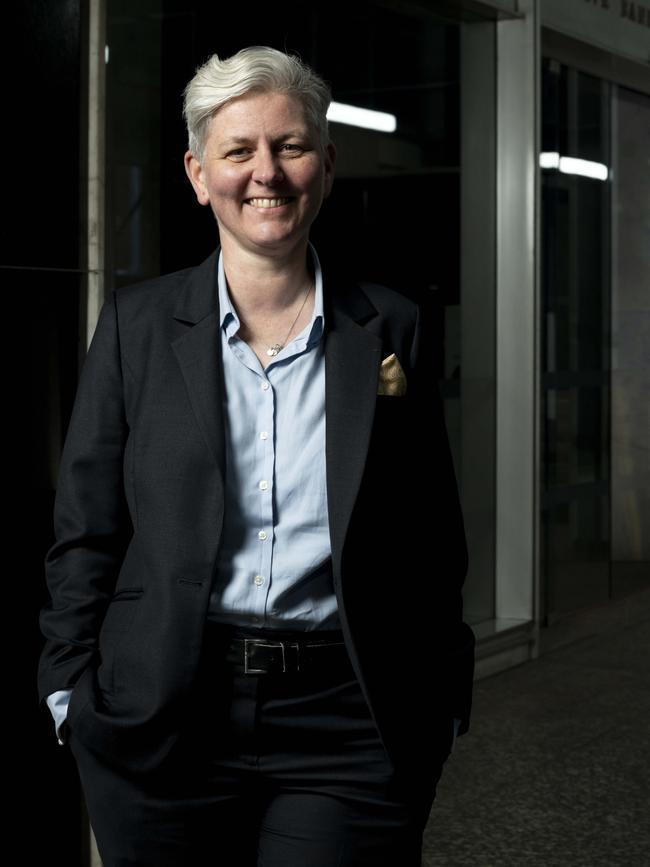Ellis, who will take on the role of chief economist at Westpac in October, leaves after the exit of the equally talented former deputy governor, Guy Debelle, who left the RBA suddenly in early 2022 for a job in the green energy sector.
Other departures include Jonathan Kearns, a former head of the RBA’s domestic markets section, who left in January for the private sector.
The most profound loss is yet to come, with Treasurer Jim Chalmers expected to announce within days that RBA governor Philip Lowe won’t have his seven-year term extended beyond September.
Moving Lowe on will mean that in the space of less than 18 months, more than a century of central banking experience will have left the RBA, and it will lack some of the world-class voices that are desperately needed around the policy-setting table.
Critically for Australians, who have not experienced the plague of inflation for more than 30 years, price pressures in the economy remain far from defeated, and there are growing risks that they will be entrenched over coming months, locking in the prospect of a recession as interest rates are forced even higher.

What’s also notable is that both Debelle and Ellis were in line to one day become governor, a peak achievement for anybody who chooses economics as their career path.
Their decisions to go into the private sector after a lifetime of public service at the RBA suggests all is not well at the central bank.
The honour of becoming the central bank’s governor isn’t what it once was. The job has become hyper-politicised, and after 400 basis points in interest rate increases in a little over a year, a lot of anger is being directed toward the RBA.
Soaring interest rates have become a hot political issue for an increasingly nervous centre-left Labor government, which helps to explain why Lowe’s tenure isn’t being extended despite the high stakes for the economy.
As recently as last week, Lowe was taken to task by the media at his home amid repeated requests for him to apologise for moving against the inflation threat with concerted interest rate increases. The prospect of being thrust into the media spotlight and pressure from Canberra can’t make continuing a career at the RBA very enticing. And attracting talent to the RBA in the future may become difficult if steps aren’t taken to remove some of the heat that now surrounds the central bank.
If Chalmers appoints somebody who is perceived to be less hawkish than Lowe, perhaps in keeping with the wishes of Canberra, markets will undoubtedly react with a surge in bond yields.
At the other extreme, the new governor might want to quickly establish inflation-fighting credentials and raise interest rates further, putting added pressure on already besieged household budgets and driving up unemployment further than the level currently forecast.
Whoever lands in the hot seat at the RBA will have to be very careful how to communicate with markets and the general public, or problems could quickly follow.
The Wall Street Journal







The departure of Luci Ellis as chief economist from the Reserve Bank of Australia is part of a recent exodus from the central bank that has stripped it of decades of experience and talent just as the economy approaches its most challenging moment in a generation.